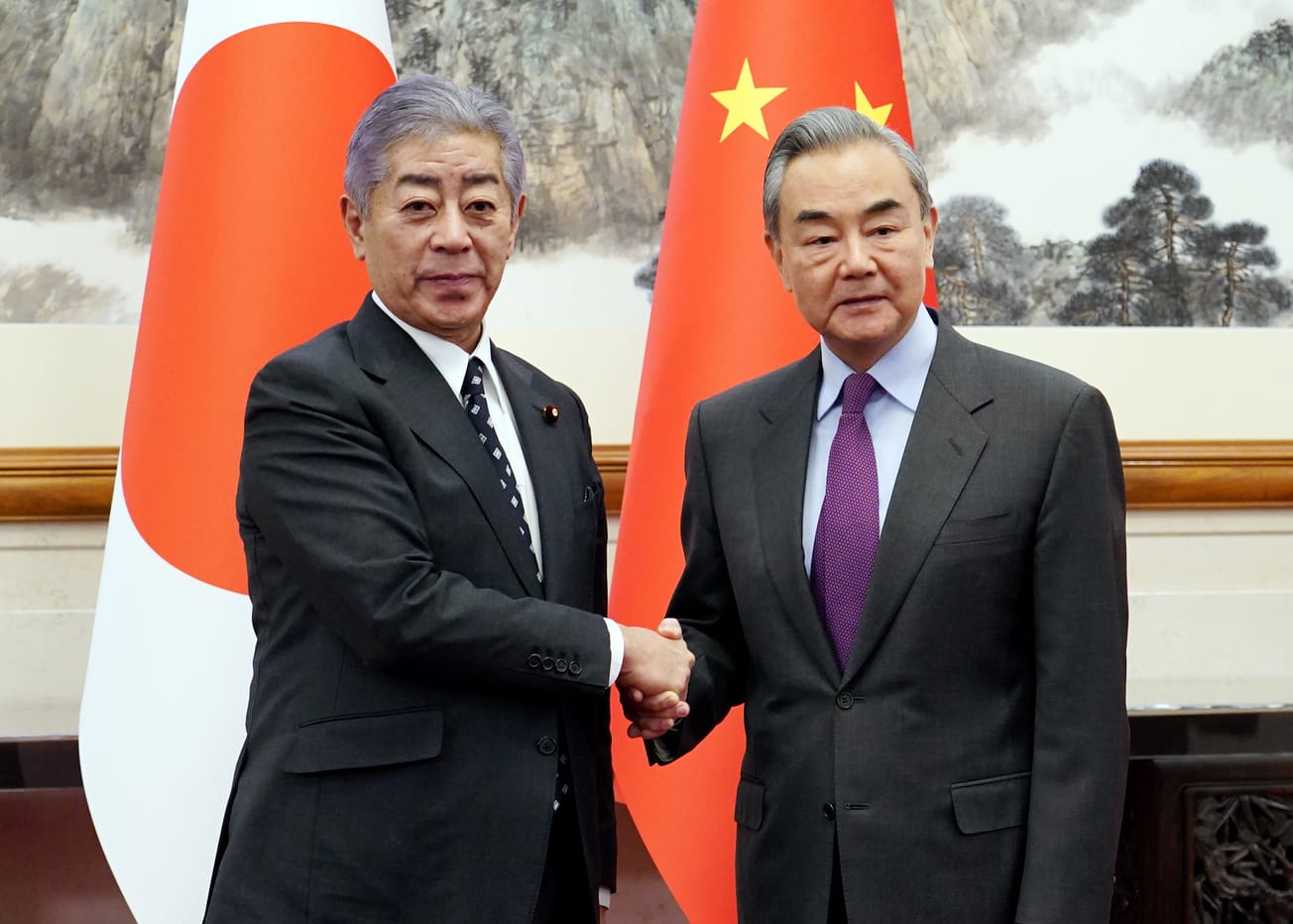Politico reported Jan. 14 that out-of-state SuperPACS—read: Wall Street and hedge fund moneybags—poured $136 million in for Republican presidential campaigning in Iowa from the start of 2023 until today’s caucuses. That’s more than four times the $32 million in “outside” funding which went into the Republican caucuses in 2016. Most of that money has been spent on TV political ads: Ron DeSantis’s PAC is spending the most on such ads, at over $30 million; Nikki Haley’s were close behind at $28.7, and Trump’s PACs came in at “only” $10.8 million. Politico reported that this year the Wall Street moneybags got into the nitty-gritty organizing which campaigns used to do “in-house": organizing events for “their” candidates, going door-knocking with candidates’ relatives, etc.
What kind of government can Americans—you—expect from letting super-rich Wall Street lowlife control U.S. election campaigns? Sunday night, Jan. 14, the “leaders” of the U.S. Congress elected through such bought-and-paid-for campaigning announced that they had reached an agreement to avoid a government shutdown for lack of funding come this Jan. 19, Friday, not by agreeing on the budget for fiscal year 2024, but by asking Congress to vote up a third “continuing resolution” (CR). That will keep government funding at its current levels until early March while Congress continues to wrangle over what the 2024 budget should be. This CR, like the last one passed on Nov. 16, 2023, splits the deadlines by which new agreements have to be reached: 4 of the 12 annual appropriations bills will be extended through March 1, the remaining 8 until March 8, according to the Senate Appropriations Committee. At this rate, fiscal year 2024 may well be the year the U.S. Congress never passes a budget at all.



